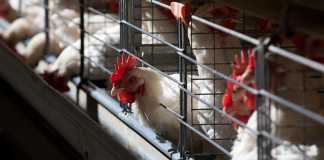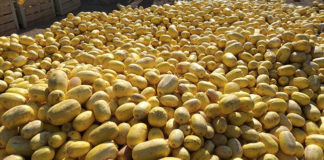
Photo: Denene Erasmus
Various industry representative organisations were again left bewildered by the unexpected late July announcement by Minister of Environmental Affairs, Forestry and Fisheries, Barbara Creecy, to ban inter-provincial travel for South Africa’s many subsistence hunters.
Since 5 June, inter-provincial travel had been permitted under the proviso that only subsistence hunters and wildlife population management (culling) teams did so.
However, in the Government Gazette of 28 July, Creecy ordered that for the purposes of addressing, preventing and combatting the spread of COVID-19, subsistence hunters and culling teams would now only be allowed to travel within their province of residence, and would not be permitted to stay at any overnight venues that offered hunting or required the services of a culling team.
In response to the latest ban, the South African Hunters’ and Game Conservation Association (SA Hunters) said in a statement that Creecy’s announcement came “without any prior consultation or discussion” with any private sector role players in the country’s subsistence hunting value chain.
“The meat hunting sector contributed in excess of R12 billion per annum to the economy in [recent] years. Most of this money [was] spent in rural areas where the socio-economic challenges of poverty and unemployment are the biggest. How does government justify the loss of this economic contribution through a low-risk activity that supports essential services and provides rural economic development opportunities to the most vulnerable communities?” the statement said.
Meanwhile, Tebogo Mogashoa, president of Wildlife Ranching South Africa (WRSA), and Adri Kitshoff-Botha, CEO of the WRSA, also highlighted in a joint statement the negative socio-economic and environmental impacts of Creecy’s announcement.
The pair added that “the sourcing of own protein by small groups of hunters according to set protocols should not be confused with a large group of people participating in a leisure activity”.
Mogashoa and Kitshoff-Botha called on Creecy to urgently lift the latest ban, however, agreeing that such travel would require hunters to first have the necessary official travel permits, and that the hunting and overnight accommodation venues would need to comply with all COVID-19 risk management protocols.












